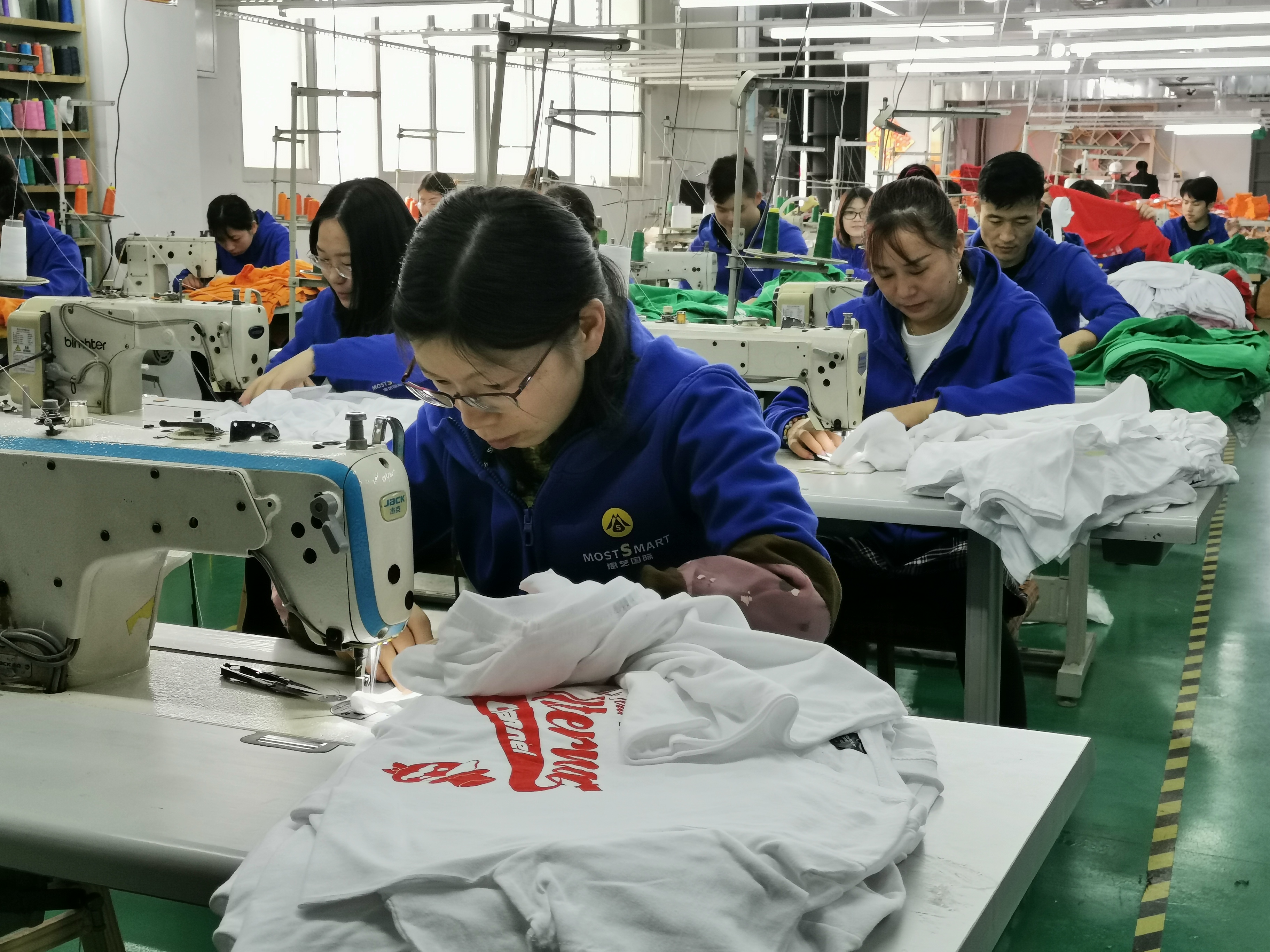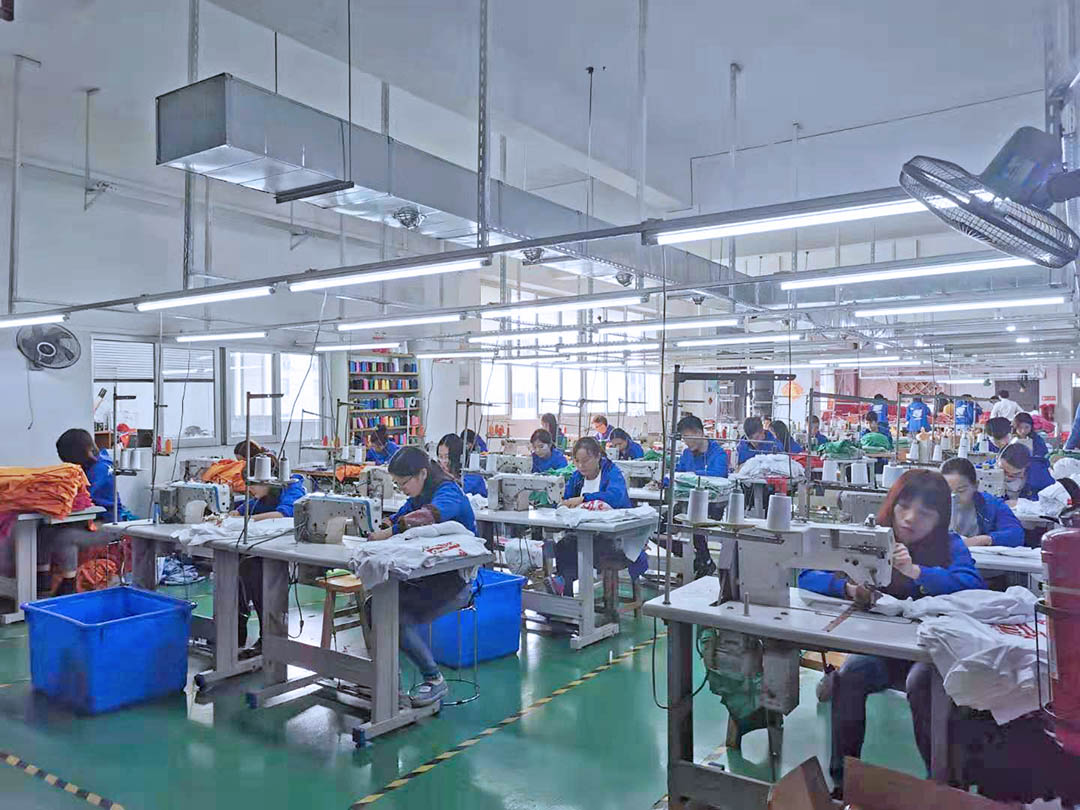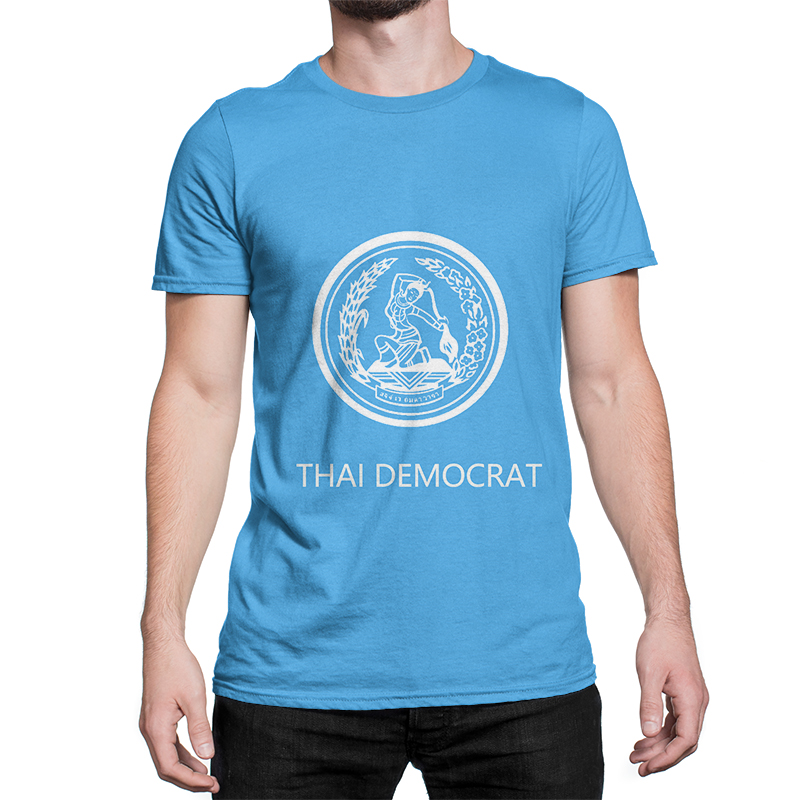


2025 Global Textile OEM Competition Heats Up:
In today’s rapidly evolving global textile industry, competition among OEM manufacturers has reached unprecedented levels. Brands are no longer solely focused on cost and production capacity; they are increasingly prioritizing suppliers that align with environmental, social, and governance (ESG) standards. As sustainability becomes a defining factor in supply chain decisions, textile OEM factories must adapt to these new demands or risk losing valuable brand partnerships. ESG certification has emerged as a critical tool for enhancing brand loyalty and securing long-term business relationships.
The Current State of Global Textile OEM Competition
The textile industry has witnessed a significant shift in brand expectations over the past few years. Large multinational brands are integrating ESG compliance into their supplier selection criteria, driven by consumer demand for ethical and sustainable production. Reports indicate that over 60% of fashion and textile brands now require ESG compliance as a condition for partnership. This trend underscores the necessity for OEM manufacturers to not only maintain competitive pricing but also demonstrate a commitment to responsible manufacturing practices.
The Impact of ESG Certification on Textile OEM Factories
ESG certification serves as a differentiating factor for OEM factories in an increasingly competitive market. It enhances credibility, strengthens partnerships with top brands, and opens doors to new business opportunities. Below are three key benefits of ESG certification for textile OEM manufacturers:
🔺Increased Brand Collaboration Opportunities
Many global fashion and textile brands, including Nike, Adidas, and H&M, have established strict sustainability guidelines for their supply chains. Manufacturers that obtain ESG certification can position themselves as preferred partners, ensuring a steady flow of high-value contracts and long-term business relationships.
🔺Enhanced Consumer Trust and Market Positioning
Consumers are becoming more conscious of the environmental and ethical impact of the products they purchase. Brands that work with ESG-certified suppliers can confidently promote their sustainability credentials, thereby increasing consumer trust and demand. This, in turn, strengthens the OEM factory’s position in the market.
🔺Improved Operational Efficiency and Cost Management
Achieving ESG certification often involves optimizing resource utilization, reducing waste, and improving energy efficiency. These measures not only align with sustainability goals but also contribute to cost savings and enhanced production efficiency, providing a competitive advantage beyond pricing.
Steps for OEM Factories to Achieve ESG Certification
To remain competitive in the 2025 global textile market, OEM factories must proactively work toward ESG compliance. The following strategies can help manufacturers navigate the certification process and strengthen their brand partnerships:
🔺Environmental Initiatives (E: Environmental)
- Use eco-friendly materials such as organic cotton and recycled polyester.
- Implement energy-efficient production techniques to reduce carbon emissions.
- Develop waste reduction programs, including textile recycling initiatives.
🔺Social Responsibility Commitments (S: Social)
- Ensure fair labor practices, including fair wages and safe working conditions.
- Support employee well-being through training programs and workplace safety measures.
- Engage in community development projects to enhance corporate social responsibility.
🔺Corporate Governance Best Practices (G: Governance)
- Establish transparent business practices and eliminate unethical behaviors.
- Maintain full compliance with international trade regulations and industry standards.
- Regularly publish sustainability reports to enhance corporate accountability.
Future Outlook: ESG Certification as an Industry Standard
The textile OEM industry is on the brink of a major transformation, with ESG compliance becoming a standard rather than an option. Factories that embrace sustainable production practices and obtain ESG certification will secure a stronger foothold in the global market. By aligning with the evolving priorities of brands and consumers, OEM manufacturers can drive business growth, foster long-term brand partnerships, and contribute to a more sustainable industry future.

 T-Shirt
T-Shirt
 Bag
Bag
 Flag
Flag
 Towel
Towel
 Cap
Cap



.jpg)

.jpg)





